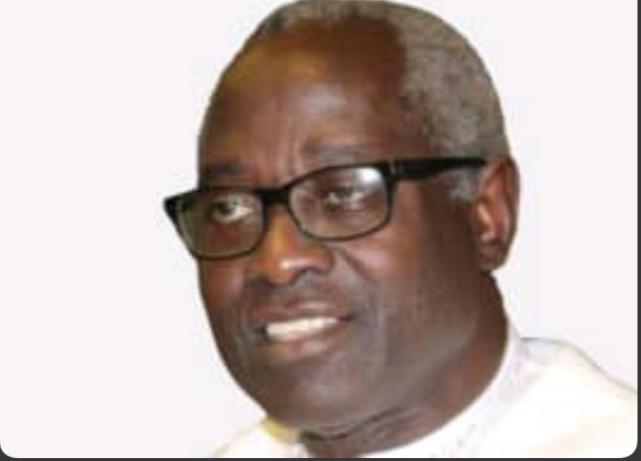By Adama Jallow
Mr Lamin Dampha, the Executive Director of the Center for Policy Research and Strategic Studies (CepRass), has confirmed that their team for any given assignment is selected based on academic proficiency, relevance experience, and forming track records to be able competitively and effectively executive to all tasks demanded by their clients.
Mr Dampha made these remarks yesterday at the launching ceremony of the CepRass project titled “Strengthening Citizens’ Participation in Local Governance to Improve Transparency and Accountability” with its project goal to enhance citizen engagement in local policy processes to improve transparency and accountability, and to incorporate citizens’ views in local policy decision-making processes to enhance accountability and service delivery.
The project launched at the National Accreditation and Quality Assurance Authority (NAQAA) Conference Center, brought together Chief Executive Officers of the various regions among other stakeholders.
However, CepRass formed by the faculty members from the School of Business and Public Administration at the University of The Gambia set to engage in policy research and training that addresses the needs of its clientele.
Since its launch in 2016, CepRass has conducted numerous research projects and training independently and in collaboration with national and international partners, while it has recently completed an opinion poll study on the presidential and parliamentary elections and currently doing a baseline study of the NAFA project under the National Nutrition Agency with her partner institutions in collaboration with C4ED based in Germany.
CepRass in July awarded a two-year grant from the National Endowment for democracy on the project titled “Strengthening Citizens’ Participation in Local Governance to Improve Transparency and Accountability.” Also to enhance citizen engagement in local policy processes to improve transparency and accountability, and to incorporate citizens’ views in local policy decision-making processes to enhance accountability and service delivery.
In his welcoming remarks, Mr Dampha outlined that the project launched is of significance and as a research institution in the country, it is an independent organization run and managed by a constituted group which stands for Center for policy research and strategic studies which was recently launched by the faculty members from the School of Business and Public Administration at the University of the Gambia.
He added that research is a significant pillar in informing policy and decision-making. And that the Center is well positioned with the capacity and facility while CepRass has partnered with institutions both in and outside the Gambia. He, therefore, commended their fruitful relationship with the National Endowment for Democracy.
In his launching speech, the president of the Association of Local Government Authorities (GALGA), Mr Landing Sanneh revealed that the event marked another achievement and indicator in their democratization process.
He said as the Gambia transited from a dictatorship to a democratic system, the expensive price Gambians had to pay under dictatorship rule included disaffection towards the democratic institutions and processes and a high level of disengagement from active participation in governance.
He, therefore, called the need for collective efforts by both bilateral and multilateral partners to help the Gambia consolidate its newfound and fragile democracy. He said with the advent of new creative ways of citizen participation and involvement, there is a need for a conscious civic engagement to increase the participation of people in governance.
Sanneh underscored that CepRass undeniably played a crucial role in consolidating Gambia’s democracy coming up with the first of its kind Opinion Polls, vindicated twice changing the dynamics of the Gambian political phase. Since its inception, it continues to pursue its ultimate objectives by providing services such as research, training, and consultancy.
As the government enacted the Local Government Bill by an act of the National Assembly in 2002, with all its structures and policies in place, he said part VI, Section 118 (4b) of the 2002 Local Government Act, stipulates that one of the functions of the Local Government Service Commission is to “make provisions for the overall management and efficiency of the Local Government Service.” While Part VII, Section 129 (a & b) of the same Act, states that “every Council shall be answerable and accountable to its electorate for all money which accrued to the Council from the electorate”; and “the National Assembly for all money appropriated to the Council from the Consolidated Revenue Fund, or otherwise.”




